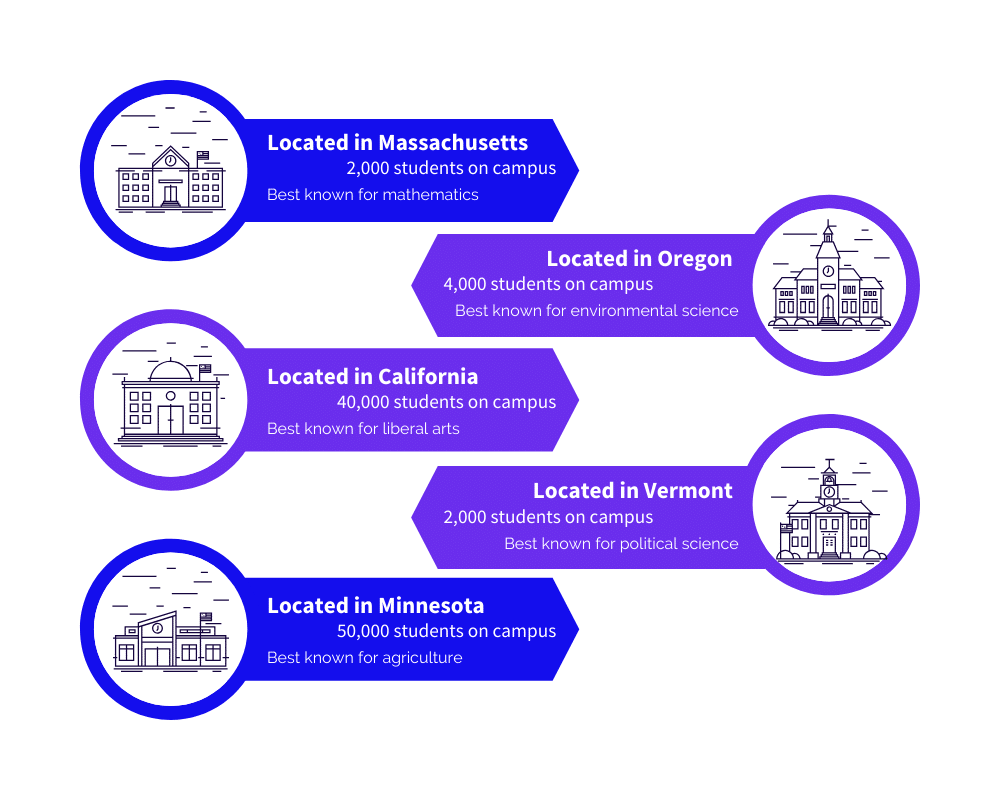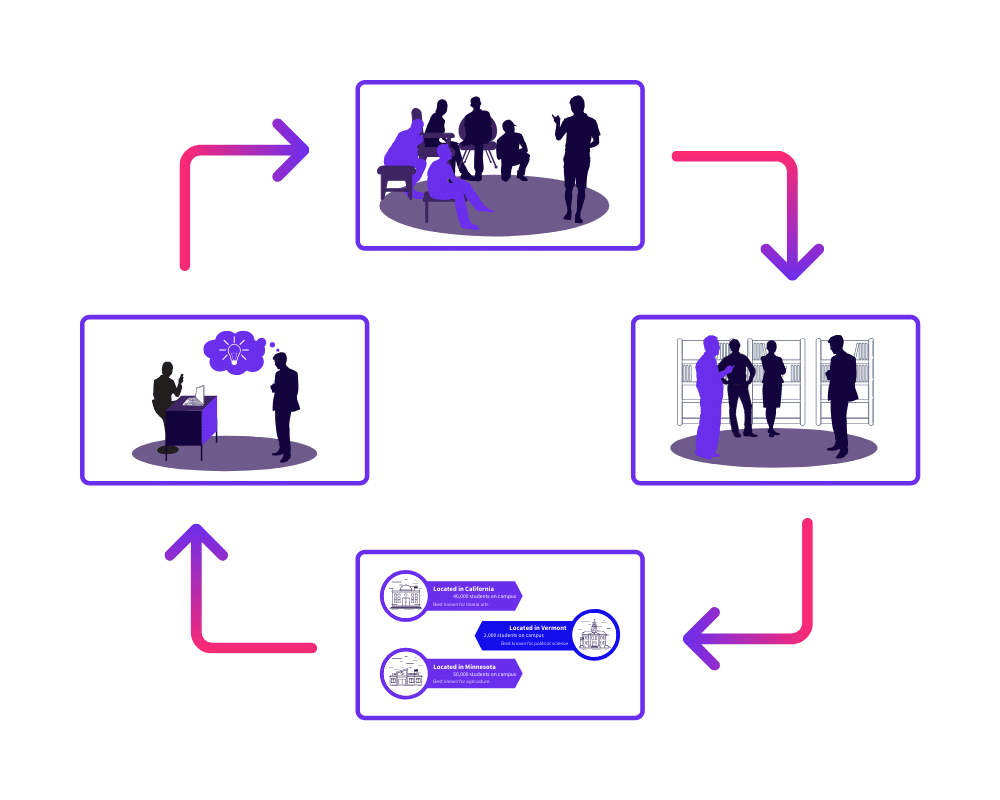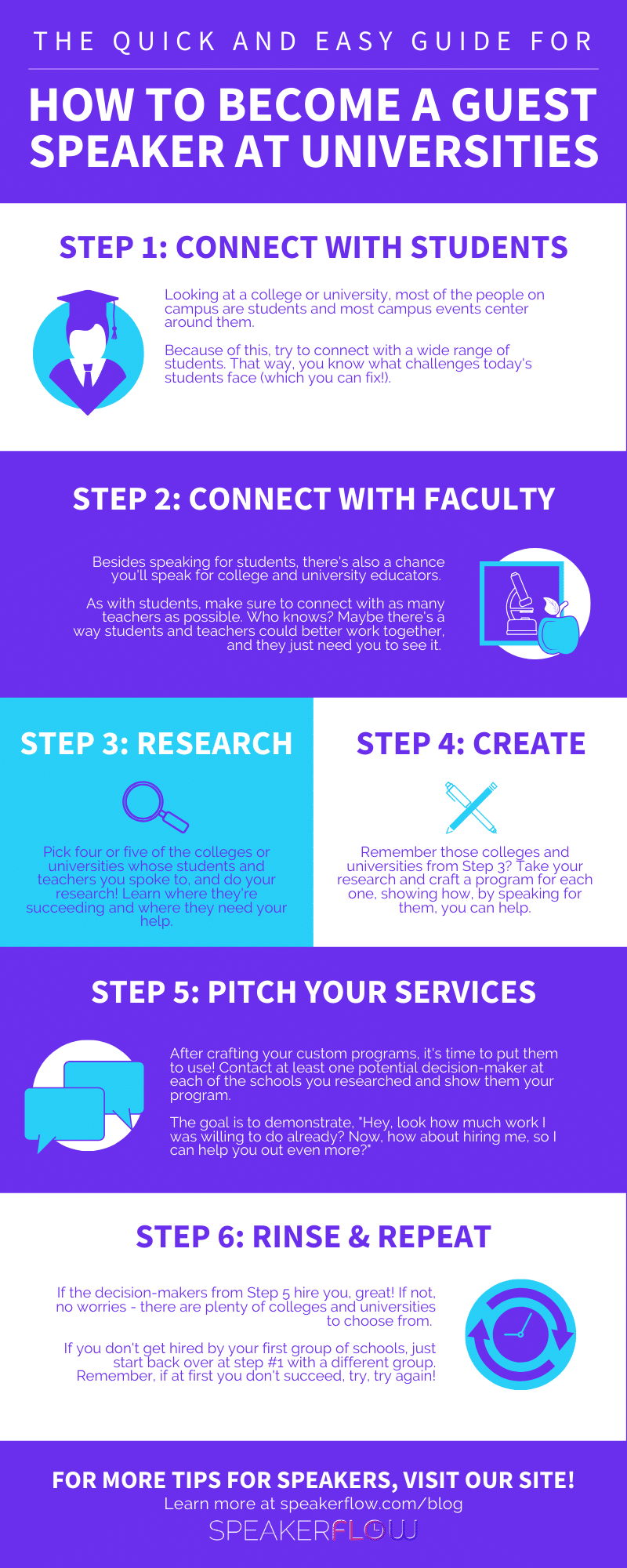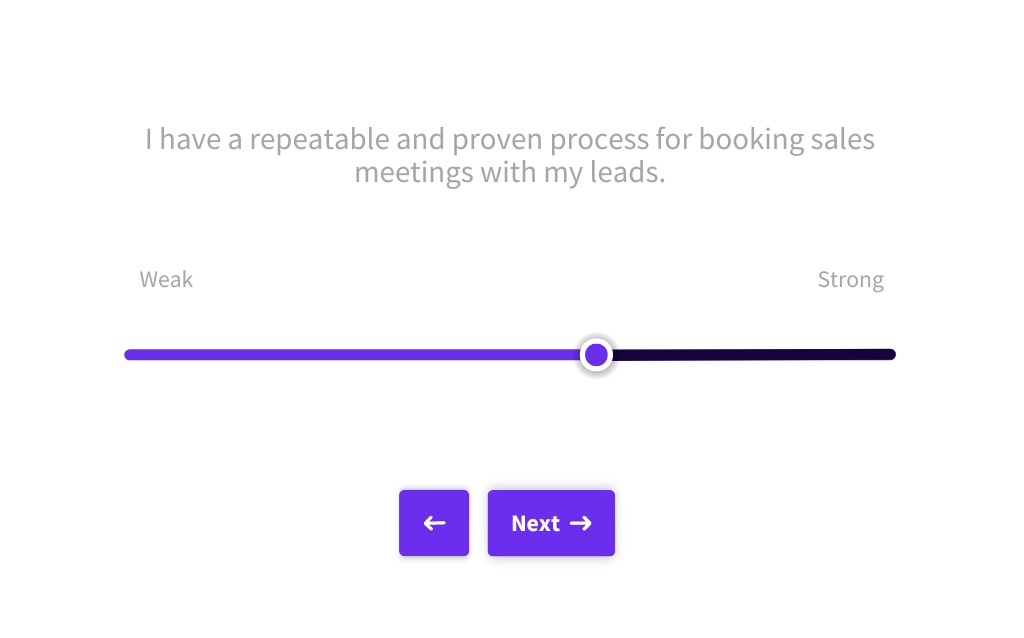Hey, you! Yeah, you! Take a look at your speaking gigs from the last year, and make a note of where they took place. Are most of them in corporate settings? Are they for small or large businesses? Maybe they’re for non profit organizations. Chances are, like many professional speakers, a good chunk of your past speaking gigs were hosted by businesses of some sort. However, although they’re not always as lucrative as corporate gigs, educational events can be just as impactful for your audience and just as constructive for your speaking business. So, if you’re a speaker, ready to branch into the world of higher education, this quick and easy guide for how to become a guest speaker at universities is just for you.
Towards the end of 2019, the SpeakerFlow team published “How Do I Become A Public Speaker At Colleges & Universities?”. Essentially, this guide was an all-inclusive collection of tips for how to become a guest speaker at universities, technology to help you find college gigs, and examples of some awesome college speeches. This guide is intended to be a shorter version of that for experienced speakers, looking to enter a new niche.
So, without further ado, let’s jump into the six steps guaranteed to help you book college and university gigs!
- 1. Connect with college and university students.
- 2. Connect with college and university faculty.
- 3. Pick five colleges or universities and do your research.
- 4. Outline custom programs for each of the five schools you chose.
- 5. Pitch your program to the decision-marker(s) each school.
- 6. Rinse and repeat!
1. Connect with college and university students.

First and foremost in the process of how to become a guest speaker at universities is the students. Unsurprisingly, although college and university faculty also host events, a greater percentage of events on college campuses are organized for the student body. After all, of all the people on campus, the vast majority are students. As a speaker, this makes students your go-to starting point, when looking for speaking opportunities. However, not only is this because of the percentage of events organized for students. It’s also because, for many students, college is a formative and stressful time, giving you an opportunity to make a constructive impact and positively influence their lives.
When starting your search for college and university speaking opportunities for students, it’s important to keep this in mind. Remember, although you are a speaker, you’re an expert in your industry, too. That means that, while your speaking skills are definitely a plus, the ways you can help your student audience are more important.
In light of this, start with a handful of schools, local to you or local to an area you’re already visiting for an upcoming gig. For each of those schools, reach out to student organizations ahead of time to see if members would be willing to meet for a quick interview. Then, visit their campuses to get the inside scoop about their college experience. How have things gone well recently? What is especially challenging? What would they like to see in the future of their school? All of these questions are stepping stones for you to step in and help, for a single event or in an ongoing capacity. They’re also key insights for you to use in planning your presentation. We’ll talk more later about building programs for your target schools.
2. Connect with college and university faculty.

Next, the second part of how to become a guest speaker at universities is the faculty. Besides students, faculty make up the largest group on campus. Additionally, because of their position, they’re generally in tune with challenges in higher education as well as their area of expertise. Plus, they interact with students on an almost-daily basis, if not day-in and day-out. This means that any feedback you miss from students you’ll likely hear from faculty.
To start, look at the colleges or universities whose students you met with previously. Make note of faculty that have been there the longest and who are the most active. If possible, when meeting with students, ask for recommendations of which faculty you should and shouldn’t contact. That way, you won’t waste time contacting professors unlikely to respond. You’ll also have a solid list of faculty that’s most likely to care about their students and school enough to encourage positive change for them.
As far as questions for faculty are concerned, many of the questions for students are relevant starting points. For example, what are their biggest concerns and challenges, as educators? What areas of the college have they seen improve or decline in their years as faculty members? However, make sure to take it a step further from these, and dig deeper into how the school needs help. Are they running into budgetary issues? Maybe they need a speaker with financial expertise! Are they struggling to engage their students and balance a diverse student body? Diversity and inclusion speakers, this is your time to shine. In the same way, speak with educators with your own expertise in mind, and ask yourself, “How can I use my unique experience to make a difference here?”
3. Pick five colleges or universities and do your research.

After interviewing students and faculty, the next step in how to become a guest speaker at universities is research. It’s not fun, but I cannot stress this enough: the more information you have on the college or university you plan to approach for an event, the more leverage you have in your argument for why they should hire you. This includes recent changes to school board members or the school president, recent scandals or crimes, or changes to the curriculum. In short, if the school is facing changes, good or bad, or desperately needs changes, you have the opportunity to step in and lend a hand.
Initially, the easiest way to begin researching is to start with the schools whose faculty and students you met with before. In addition to the feedback you compiled from students and faculty, look for internal details about each school. How many students do they have, and is that number increasing? What are the demographics of their student body and their faculty? How do they compare to other schools in their area or schools with a similar focus? Whether your research paints them in a positive or negative way, every bit of information is a piece of the puzzle. Ultimately, your work is what is going to point out the pieces that are missing and how to patch the holes.
Additionally, from a purely emotional standpoint, research shows commitment, plain and simple. Salesmanship is all well and good, but if you don’t have the research to back up your presentation and the dedication to your audience beyond the event, it’s going to be hard to make the case that decision-makers should hire you. That’s where this step comes in (so don’t rush through it). 👍
4. Outline custom programs for each of the five schools you chose.
Step 4 in how to become a guest speaker at universities is all about construction. By now, you have all of the information you need about each of your potential clients (i.e. the schools). The next step is taking that information and crafting it into a presentation. All in all, your presentation should include three main things: the problem(s), the solution(s), and the process for making that solution a reality. Keep in mind, one of the most-cited comments we see regarding successful speakers is, “They gave us actual advice that we could follow, not just fluff.” In other words, actionability in your advice is key. Consequently, as you craft your presentation, the “process” piece should be the largest.
That said, keep in mind that, although colleges and universities have many similarities, individuality is what makes a sale. For example, when approaching a corporate event organizer, do you send out a boilerplate email? No – You craft an email specific to their event, its focus, and how you can be exceptionally helpful. This shows them that you cared enough about their event to take the time to email them personally. In the same way, although parts of each presentation may be the same, make sure you’re creating custom pieces for each school. That way, even though you know they’re all similar, to the decision-maker, it looks like you made a custom presentation, just for them.
5. Pitch your program to the decision-marker(s) each school.

Finally, for each of the schools you’ve focused on up until this point, start reaching out! Contact decision makers at each institution to explain who you are, the research you’ve done regarding their school, and how you can help them tackle the problems you’ve seen (and their own students and faculty have validated). Additionally, make sure to mention that you’ve already outlined a custom program for them with steps to success. From there, whether they want to meet for a virtual coffee or a quick phone call, you can explain the presentation in more detail.
Speaking of virtual meetings, a growing number of speakers and event organizers are transitioning to virtual presentations. This transition rose from a number of reasons including lower cost, no travel time for the speaker, and a greater number of possible attendees. Plus, as a speaker, offering virtual speaking means you can handle more events every month, meaning more revenue. If college or university decision-makers request a virtual event and you’re unsure how to price your services, we generally recommend starting with your local speaking fee and negotiating from there, if needed. That way, you still make a profit from your work, and your client doesn’t break the bank.
From a technological standpoint, if you’re unable to find a decision-maker for your school, there are a number of tools you can use to find more information. In our experience, the most robust of these is the Intel Engine, which was built by a speaker for speakers and allows you to use complex searches across all of Google (rather than the 4% you can access through a standard search) to find qualified leads and the contact information to turn them into clients. For more details, just click here. 😊
6. Rinse and repeat!

At this point, you’re all set! In an ideal situation, your pitch to school decision-makers will resonate with them, and you’ll be hired. However, even if your pitch doesn’t work out, don’t take it to heart! Just hold on the research you’ve already compiled and the program(s) you designed. Then, when the next event comes up, reach out to the new decision-maker for it, and make your case again.
Additionally, if it doesn’t work out, there are tons of colleges and universities around the world that can benefit from your expertise. If one decision-maker isn’t interested, just move on to the next school and start again. In the words of Aristotle, “You are what you repeatedly do. Excellence is not an event – it is a habit.” With that in mind, hopefully, this quick and easy guide for how to become a guest speaker at universities gives you the strategy and the confidence to start reaching out to colleges and universities in the new school year.
For more information about speaking in higher education, check out our related guides, “How Do I Become A Public Speaker At Colleges & Universities?” and “How To Find Speaking Opportunities At Colleges: Our Top Five Tips & Tools”. 👍







